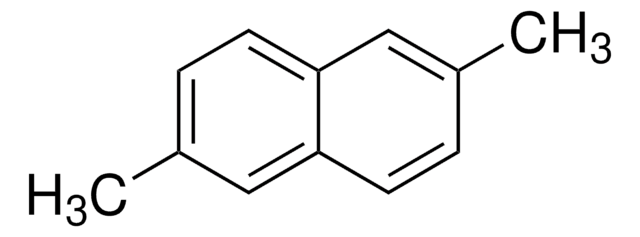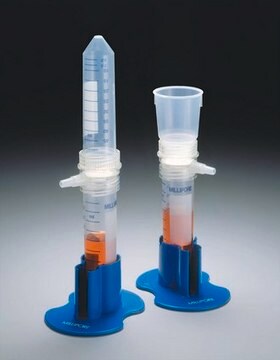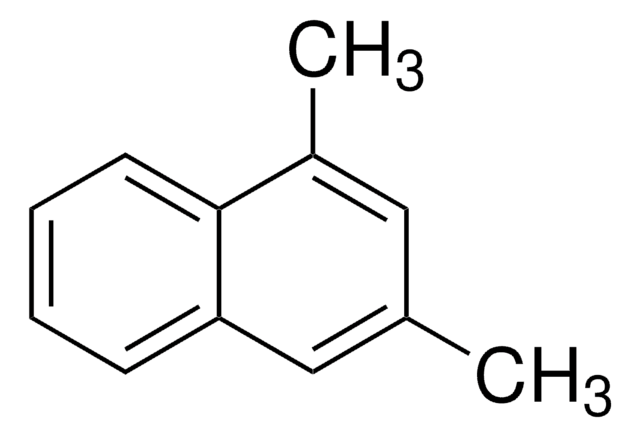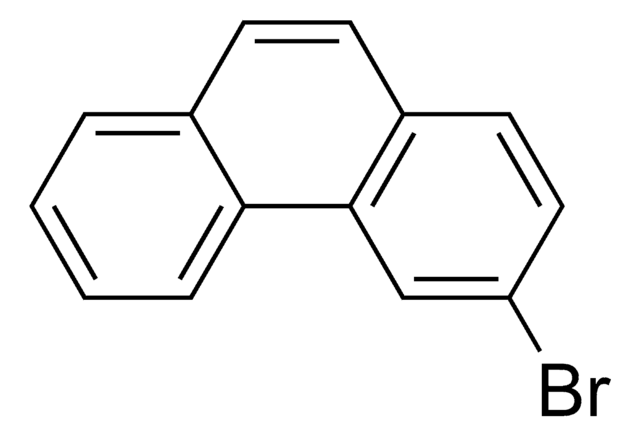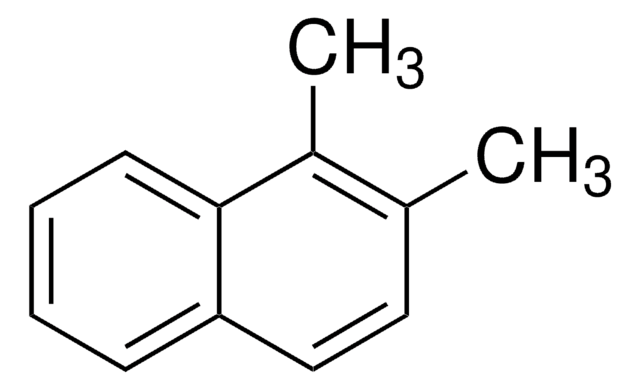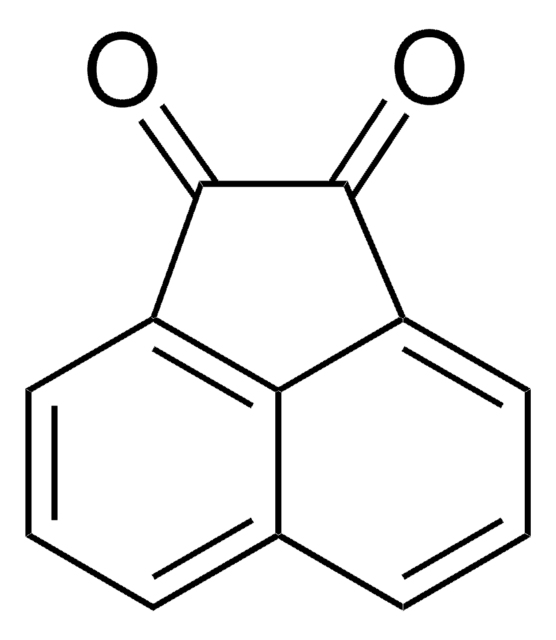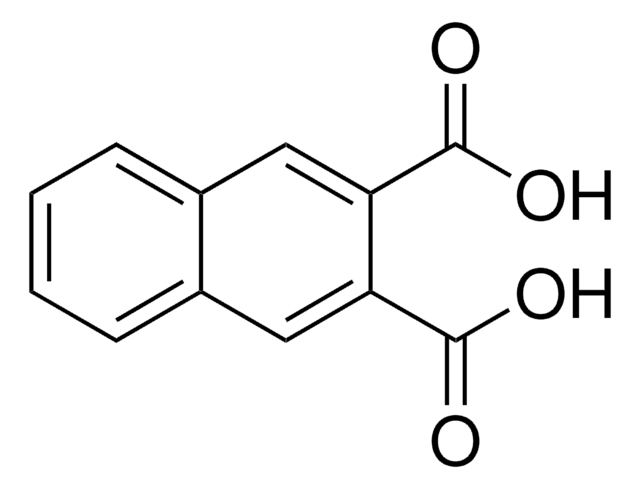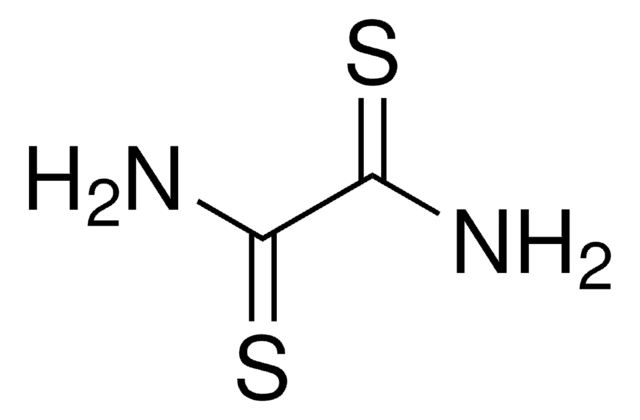All Photos(1)
About This Item
Linear Formula:
C10H6(CH3)2
CAS Number:
Molecular Weight:
156.22
Beilstein:
1852621
EC Number:
MDL number:
UNSPSC Code:
12352100
PubChem Substance ID:
NACRES:
NA.22
Recommended Products
Quality Level
Assay
97%
form
flakes
bp
269 °C (lit.)
mp
103-104 °C (lit.)
SMILES string
Cc1cc2ccccc2cc1C
InChI
1S/C12H12/c1-9-7-11-5-3-4-6-12(11)8-10(9)2/h3-8H,1-2H3
InChI key
WWGUMAYGTYQSGA-UHFFFAOYSA-N
Looking for similar products? Visit Product Comparison Guide
Signal Word
Warning
Hazard Statements
Precautionary Statements
Hazard Classifications
Acute Tox. 4 Oral
Storage Class Code
11 - Combustible Solids
WGK
WGK 3
Flash Point(F)
Not applicable
Flash Point(C)
Not applicable
Personal Protective Equipment
dust mask type N95 (US), Eyeshields, Gloves
Choose from one of the most recent versions:
Already Own This Product?
Find documentation for the products that you have recently purchased in the Document Library.
Customers Also Viewed
T Prabhu et al.
Spectrochimica acta. Part A, Molecular and biomolecular spectroscopy, 78(2), 566-574 (2010-12-28)
A combined experimental and theoretical study on molecular and vibrational structure of 2,3-dimethyl naphthalene (2,3-DMN) has been undertaken in the present work. The FTIR and FT Raman spectra of 2,3-DMN were recorded in the region 4000-100 cm(-1). The optimized geometries
J Z Hu et al.
Solid state nuclear magnetic resonance, 3(4), 181-197 (1994-08-01)
The magic-angle turning (MAT) experiment introduced by Gan is developed into a powerful and routine method for measuring the principal values of 13C chemical shift tensors in powdered solids. A large-volume MAT probe with stable rotation frequencies down to 22
Sangwoo Lee et al.
Environmental science. Processes & impacts, 19(9), 1117-1125 (2017-08-08)
Polycyclic aromatic hydrocarbons (PAHs) and alkylated PAHs are known to be major toxic contaminants in spills of petroleum hydrocarbons (oil). Spilled oil undergoes weathering and over time, PAHs go through a series of compositional changes. PAHs can disrupt endocrine functions
A A Toropov et al.
European journal of medicinal chemistry, 43(4), 714-740 (2007-07-17)
Simplified molecular input line entry system (SMILES) has been utilized in constructing quantitative structure-property relationships (QSPR) for octanol/water partition coefficient of vitamins and organic compounds of different classes by optimal descriptors. Statistical characteristics of the best model (vitamins) are the
Global Trade Item Number
| SKU | GTIN |
|---|---|
| D170801-5G | |
| D170801-1G | 4061833560495 |
Our team of scientists has experience in all areas of research including Life Science, Material Science, Chemical Synthesis, Chromatography, Analytical and many others.
Contact Technical Service
